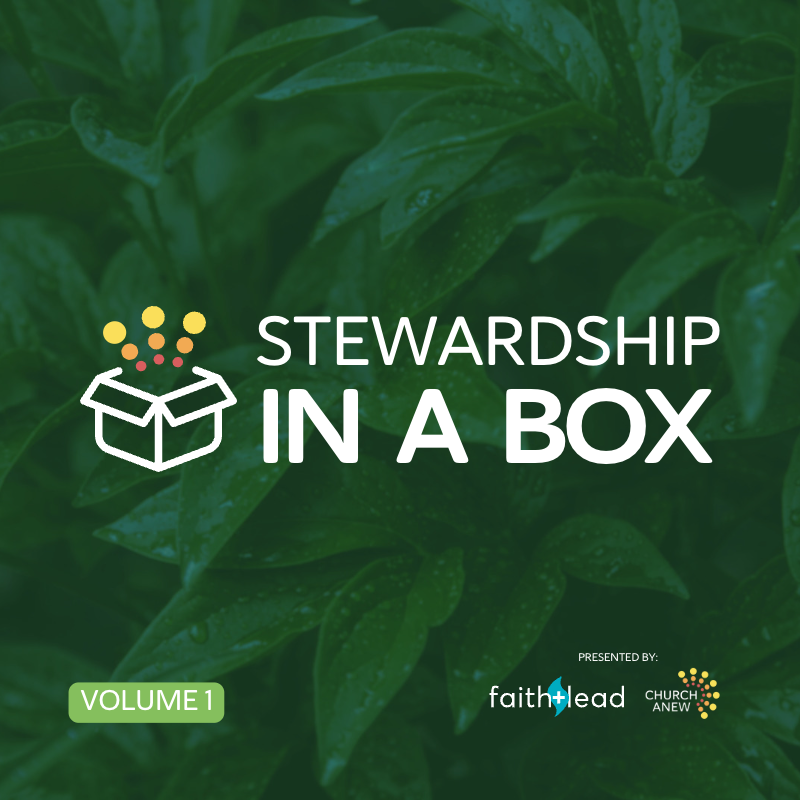The Stewardship of Memory
Photo by Prometheus 🔥 on Unsplash
Gawd at times it's pretty rough
I get these flashes from the past
The pain, the anger, the sadness
Just creeps up on me, unexpectedly…
Haunted by Memory: A poem by Kaila George
There are many sayings about living a life without regrets, living life to the fullest, regretting what you did instead of what one didn’t. So many memes and words of inspiration. What do we do with the memories that haunt us? That sneak up on us late at night. And whisper words that cut quick to our core?
I live many days as Harper Lee describes her iconic character Scout; living the book of common prayer. I am thinking of things done or left undone, evil done to me or done on my behalf. Working to be present, but when living I hold my ancestors' stories and my own ... .all the while working to discern what's useful, what needs to be saved, what needs to be passed on to my children.. Sometimes all my old memories feel like junk— hanging out for all to see, to comment on, to frame in their own lens.
I wonder what the old evangelical revivalists would proclaim about an internet that doesn't allow for memories to be washed clean as snow. They pop up at us, surprise us, take us back at how real feeling can hit—even after decades. There they are—sitting out—waiting to be used, to be remembered, to be felt again.
The summer I was married, I lived in my husband’s village on an island in Alaska. Growing up in the midwest in a white, upwardly middle class family had taught me specific economic and class rules. Among those rules were neatly mowed, tidy yards with houses well tended. At Christmas, we were assigned a specific lamp color so as to keep to the correct order of red-green-red-green. All distracting kids paraphernalia saved for the backyard where fences kept messes away from view.
Arriving at my husband’s fishing village, I was unprepared for how stewardship looked in different cultures. How cars and old machinery parts were piled and lined the yards of houses. Piece of whatnots stored for a future date.
On the island, there are few places to take, say a car with a broken down transmission, to trade in. There is also limited ability to locate items for repair and often items can be reused for other purposes. Kids toys are often communal property as well. Rather than used by one family, they lay in front yards ready for other families.
Nothing is wasted. Everything can be saved, reused or shared.
Stewardship is often described in how we use the gift of our lives. Whether it be the gift of time, talent, treasure, testimony. We use these simple T’s as they present tangible ways to consider how God moves in the world and, in the movement, calls us to life. Tangible things we can offer to give up for the sake of God’s liberating, life giving love. Yet, our life is made up of so much more than those tangible things.
In the stewardship of our lives, nothing is wasted. In the economy of God, we see how creation reflects this wisdom. We are seen fully and loved completely—from the hairs of our head to the random sparrow.
But, what do we do with the stuff of our lives that don't fit easily into those tangible T-categories? The stuff that doesn't feel like treasure but doesn't feel like sin either.
The memories that we receive may not feel like gifts.
I am haunted by memory. Memories of moments I can not take back. Regrets for choices made, even when the choices were the right ones. Even when I believe I acted as one called.
Memories my ancestors made through their choices. Regrets carried, even when they believed they acted rightly, as one called.
And so today I am laying them out in my front yard. No longer seeking to hide them with a fence. I may pray for my soul to be clean but my memory will never be.
In the ongoing act of the stewardship of life, I offer up my memories for repair, for reconciliation, for the common good. I am unsure what can be reused or shared. But I cling to the hope of God’s economy.
And, some memories, the haunted memories, are of no use except that they bear witness to mine or others’ survival. In God’s economy, nothing is wasted.


